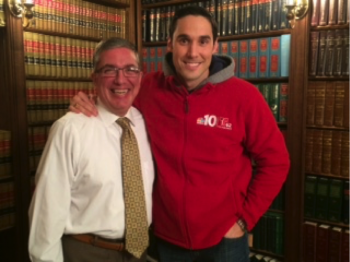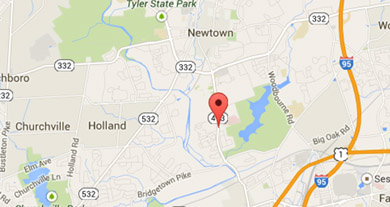To get a professional consultation about Murder, Manslaughter & Homicide in Bucks County, contact an experienced homicide lawyer.
When a person you know has been charged with Murder, it is vital that you are aware of the various charges and what they could mean going forward. Under the law in Pennsylvania, there is a catch-all term known as criminal homicide. The definition of criminal homicide is causing the death of another person intentionally, knowingly, recklessly or negligently. A Defendant may be charged generally with the catch all term but the specific type of criminal homicide makes a huge difference as far as potential exposure for punishment. Under the criminal homicide umbrella there is first degree murder, second degree murder, third degree murder, and two manslaughter offenses, voluntary and involuntary. Each of the specific offenses is different as far as what elements need to be proven by the State, and also potential punishment sentences are not the same.
First degree murder is the most serious crime in the state criminal statutes. The punishment is either death or life in prison with no possibility of parole. When criminal homicide is done intentionally, that is considered to be first degree murder. Some factual scenarios supporting the conclusion of intent are when someone dies by poisoning, or the perpetrator laid in wait for his victim, or any other deliberate premeditated killing. If someone plans to kill someone and does, that meets the threshold of premeditated.
Second degree murder is a criminal homicide offense done while the perpetrator was an accomplice or principal in undertaking a felony. This law is on the books in basically every jurisdiction and is known as the Felony-Murder rule. A conviction of second degree murder is punishable by life in prison with no parole and this punishment is mandatory.
Third degree murder is the catch all for other murder offenses not falling into the first two categories. This is a felony and has a punishment of between 10 and 20 years of prison time. An example of facts in a third degree murder are when someone shoots another person and kills that person without intent or when not in the course of a felony.
Voluntary manslaughter is when an intentional killing is done without any lawful basis if the person commits the act resulting from sudden, intense passion from being provoked by the person who was killed. Voluntary manslaughter is also a charge if one person kills another person while provoked to that passionate state by wholly separate person not the victim. Voluntary manslaughter a first degree felony carrying a punishment range of between 10 and 20 years in prison. A common scenario for voluntary manslaughter is when someone shoots another person after being enraged and provoked by the victim.
Involuntary manslaughter is when a person causes the death of another due to acting unlawfully and recklessly. As you can imagine the issue of recklessness is fact-intensive as is the case with all criminal homicide offenses. Involuntary manslaughter is a first-degree misdemeanor and carries a potential sentence of between 2.5 and 5 years in prison. Someone speeding well in excess of the speed limit who causes the death of another may be charged with involuntary manslaughter.
The law surrounding criminal homicide offenses can be complex. Make a point to get with a lawyer who has experience in murder –related cases. It’s your absolute prerogative to get yourself the best defense for the most serious criminal offenses under Pennsylvania law.




